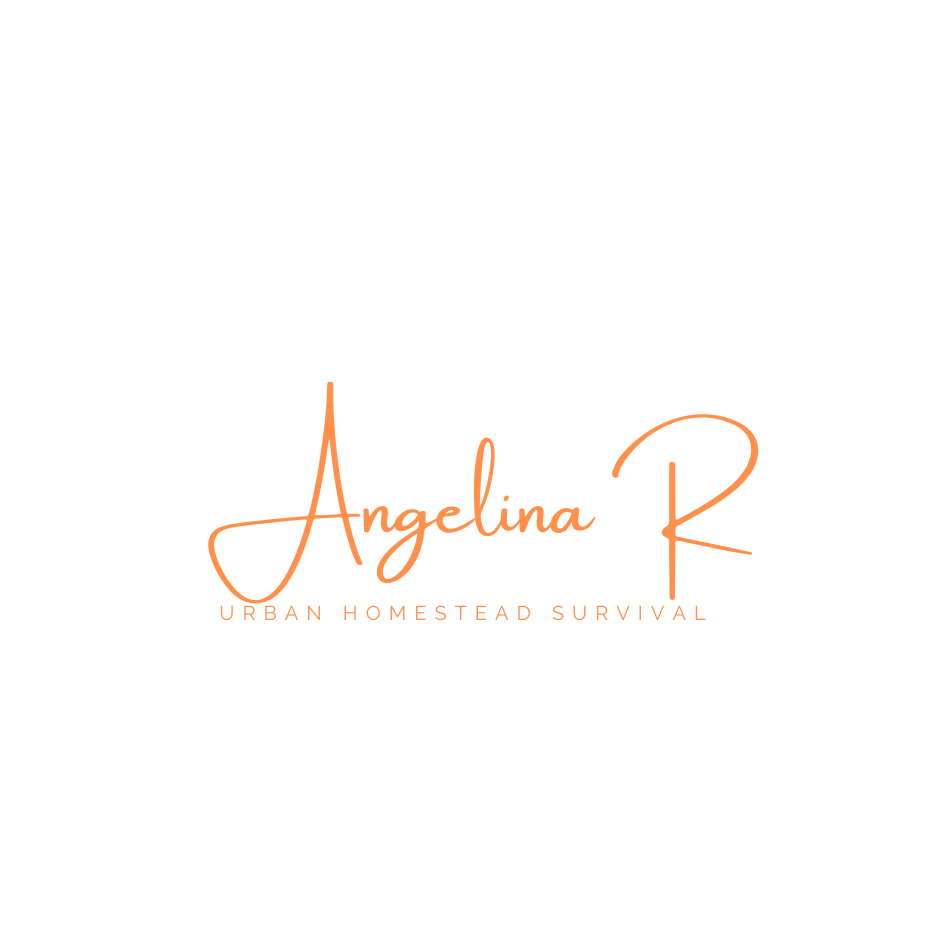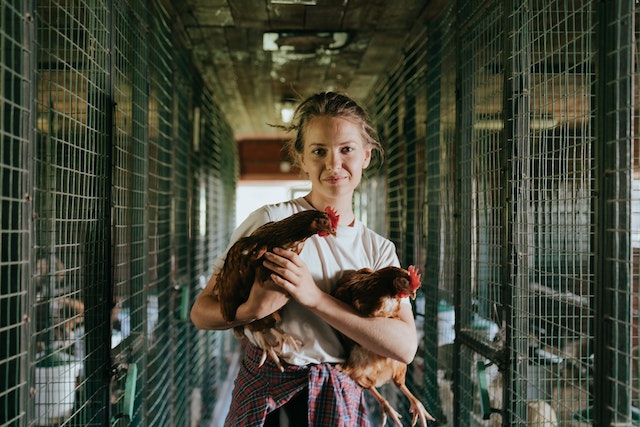Want to know the 5 Urban Homesteading Laws that can affect your homesteading efforts?
Homesteading has become an increasingly popular lifestyle choice in the past few years. More people are seeking to live off of the land and become self-sufficient. However, homesteading in the city has its legal complexities.
There are various laws and regulations that govern the use of land in the city, so it’s important to know what these laws are before you get started.
#1. Local Zoning Ordinances for Urban Homesteading.
Before starting an urban homestead, it’s important to check the zoning and regulation laws in your area. Some cities have strict regulations on things like collecting rainwater, raising chickens, or beekeeping.
Some counties may not allow certain types of farming or gardening activities on residential property. Another thing you need to watch out for is HOAs. They tend to be more strict than the county.
Living in a community with an HOA can be an issue if you plan on raising small animals like chickens and quail.
HOA is basically a legal entity that oversees a community of homes. Their job is to enforce rules and regulations in their community.
They have rules regarding the appearance of your property. They can dictate what your landscaping looks like, what your fencing looks like, or what type of exterior paint colors you are not allowed to use.
These rules may make it difficult for urban homesteaders to establish a productive homestead that is in compliance with HOA regulations.
I know this might sound like a bummer but don’t let this discourage you. Not all HOAs have strict regulations when it comes to urban homesteading.
Some HOAs might embrace the idea, and be more relaxed. Even if you can’t raise small animals there are plenty of things you can do as an urban homesteader
#2. Building codes and permits for Urban Homesteading
If you’re planning to make any improvements to your property you will need to make sure that you’re in compliance with building codes and permits.
Make sure you’re obtaining the necessary permits because building codes and permits can impact some of your activities. The last thing you want is the city knocking on your door telling you that you have to tear down something you just built.
For example, I had a friend that built a shed in his backyard. Come to find out he needed a permit to build it. They also fined him because he built the shed too close to his house on the side where people could see it from the street.
He was allowed to have a shed but the spacing had to be correct. It had to be built in the back of his home, 10 feet from the rear property line, 5 feet from the side of his side property line, and 25 feet away from his home.
You will be surprised how many things need a permit when you live in the city or the suburbs. for example: installing a greywater system, adding solar panels or even something as simple as installing a fence might need a permit and have building code requirements.
It’s important for urban homesteaders to be aware of these laws and regulations before starting any construction or building projects.
#3. Health and Safety Regulations for Urban Homesteading
Health and safety regulations are extremely important. You definitely don’t want to go around contaminating your loved ones and neighbors. These laws and guidelines are put into place to protect you and your community.
Some of the things that might be a concern to your local health department are how you handle sanitation.
They want to know how you dispose of animal waste, and how you maintain your composting bin because all these things can breed deadly bacteria and viruses.
They might have strict rules on how animals are housed and fed as well. This is to make sure the animals are being properly cared for. It also helps to prevent the spread of disease.
If you are not sure what your health and safety regulations are contact your local health department.
Failure to comply with health and safety regulations can lead to painful fines and penalties. You definitely don’t want to skip over this step especially if you plan on raising backyard farm animals.
#4. Urban Homesteading Nuisance Laws
Nuisance laws related to homesteading can vary depending on the jurisdiction, but generally, they prohibit activities that interfere with the use and enjoyment of property. Some specific examples of activities that may be considered a nuisance in the context of homesteading include:
- Excessive noise from farm animals, such as roosters crowing at all hours or pigs squealing loudly
- Odors from farm animals or agricultural activities, such as the smell of manure or rotting crops
- Dust and debris from farming activities, such as plowing or harvesting, that affect neighboring properties
- Pesticide or chemical spray drift that affects your neighbors
It’s important to note that most states and local governments have laws that govern the operation of farms and agriculture. these laws can be more specific about what activities are allowed and not allowed. So, it’s important to check local laws and regulations before starting any homesteading activities.
#5. Urban Homesteading Environmental laws
Environmental laws can include regulations on things like land use, zoning, water usage, water rights, waste management, air, and water pollution.
One of the main environmental laws that apply to homesteading is the Clean Water Act, which regulates the release of pollutants into the water. This law requires you to obtain permits before discharging pollutants into the water.
Urban homesteading can be a great way to promote sustainability as long as it is done in compliance with your local laws. Understanding these laws will help you avoid potential legal issues.
These are the 5 Urban Homesteading Laws that can affect your Homestead.
Now that you are familiar with the 5 Urban Homesteading Laws, you can start building your homestead with confidence and success. Happy Urban Homesteading!

